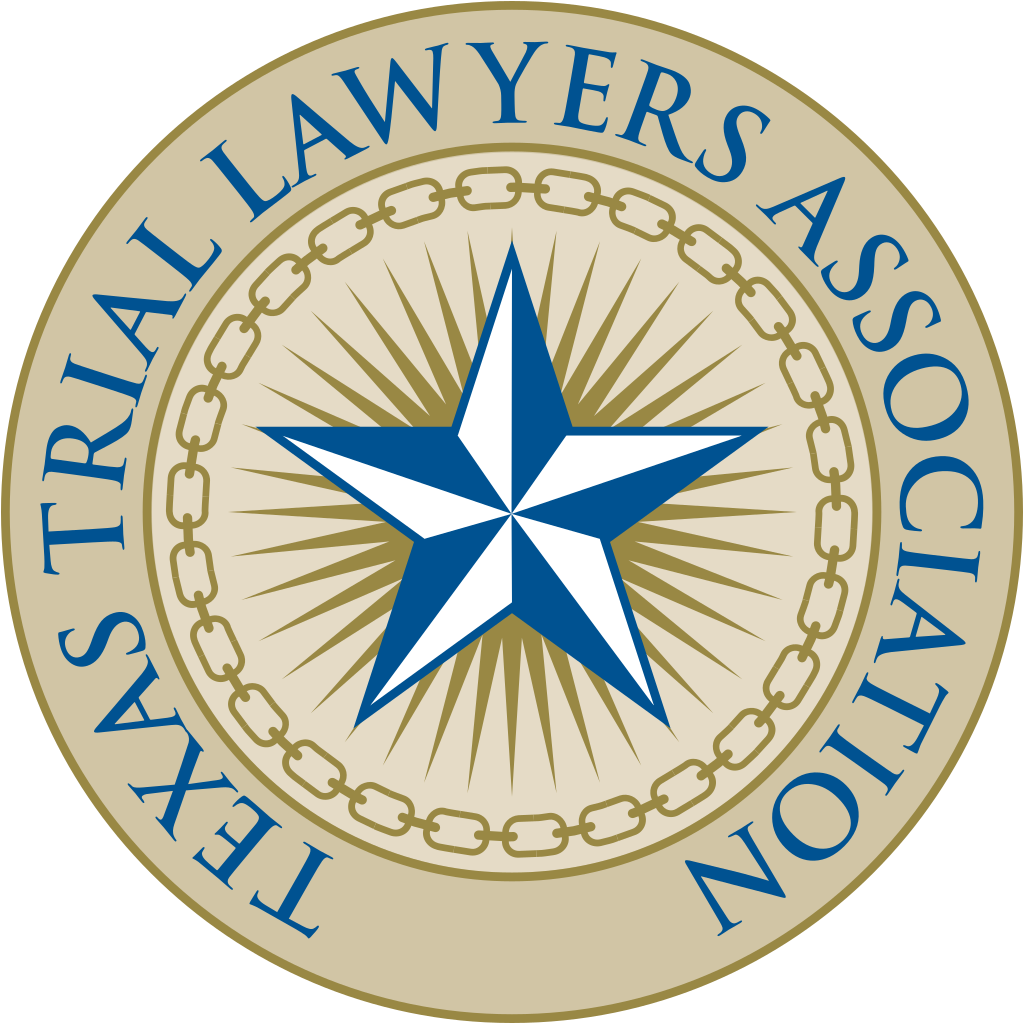The Best Lawyer for Cyber Crimes in the Fort Worth/Dallas Area
The Sellers Law Firm cyber crime lawyers recognize that the minute someone is accused of committing a cybercrime that person is in for the fight of their life. That’s because the stakes and emotions run naturally high for everyone involved in cyber crime cases, especially those cases involving sex crimes.
And rightly so. Possession of child pornography, cyberstalking, and online solicitation are serious charges that should not be taken lightly. Neither, however, should a person’s right to be regarded as innocent unless proven guilty.
At Sellers Law Firm, our cyber crime attorneys have earned a reputation for successfully representing individuals accused in complex cyber crime cases. We work and fight hard for our clients, building the strong cases needed to defend someone’s freedom and reputation from accusations of cyber crime.
Accused of a cyber crime? Need a cyber crime lawyer? Call Sellers Law Firm at 817-345-7920 or contact us online to request a case evaluation today.
Would recommend to anyone
“It was under unfortunate circumstances that brought me to Frank but I could not have hired a better attorney to handle my case! While it was a stressful, long and drawn out process; Frank was there every step of the way to explain the specifics and was meticulous with the details of the case. His perseverance and due diligence ended in a very favorable outcome and I am forever grateful for his services. If you are ever in the position; strongly consider Mr Sellers, you will not be disappointed!”
Satisfied Client
What is cybercrime?
With the continued growth of electronics comes increased types of cybercrime—and, by extension, the need for more internet crime attorneys). Cybercrime differs from other crimes in that the crime requires the use of the internet and computer technology.
The most common cybercrimes an internet crime attorney sees can be broken down into three categories: crimes against people, crimes against property, and crimes against the government.
Cybercrimes against people include:
- Bullying and harassment
- Identity theft
- Child pornography
Cybercrimes against property include:
- Hacking
- Copyright infringement
- DDOS attacks
Cybercrimes against the government include:
- Pirating
- Cyberterrorism/warfare
- Hacking (to get access to confidential information)
At Sellers Law Firm Attorneys, our cyber crime lawyers primarily handle cases that fall within the first category—cyber crimes against people—particularly cybercrimes that also fall under the umbrella of sex crimes.
Types of cyber crime in Texas and their penalties
Invasive visual recording
Invasive visual recording (Texas Penal Code § 21.15) is the recording, broadcasting, or promoting of visual material of someone in a space such as a public restroom or changing room in which a person should be able to have a reasonable expectation of privacy.
The first-time punishment for invasive visual recording is a state jail felony: 180 days – 2 years in a state jail and a fine of up to $10,000.
Revenge porn
Known formally as “unlawful disclosure or promotion of intimate visual material,” revenge porn (Texas Penal Code § 21.16) is the disclosure of or visual material depicting another person engaged in sexual activity without that person’s consent. The first-time punishment for revenge porn is a state jail felony.
Sextortion
Known formally as sexual coercion (Texas Penal Code § 21.18), this offense occurs when an individual threatens, pressures, or tricks someone in order to receive intimate visual material or a sexual activity meant to cause arousal or gratification. These threats can be made through various internet mediums, including via email, social media, or chat rooms. The first-time punishment for sextortion is a state jail felony.
Online Solicitation
Online solicitation (Texas Penal Code § 33.021) is when someone engages in sexual conversations with a minor while online. This type of engagement includes sexually explicit conversation, sending sexually explicit material, and soliciting the minor to meet with the intent of performing sexual acts. In Texas, a minor is considered to be someone under the age of 17.
The first-time punishment for online solicitation is a 3rd-degree felony: between 2 and 10 years in state prison and a fine of up to $10,000. The offense gets bumped up to a 2nd-degree felony (between 2 and 20 years in prison, up to $10,000 fine) if the minor is under 14 years-of-age or if any attempt to meet up with the minor for sexual purposes is introduced (regardless of whether or not the meeting happened).
If someone pretends to be another person online while practicing online solicitation, they may also face separate online impersonation charges (Texas Penal Code § 33.07).
Harassment
Harassment (Texas Penal Code § 42.07) can take place both online and offline. Texas cybercrime law stipulates that online harassment involves “repeated electronic communications in a manner reasonably likely to harass, annoy, alarm, abuse, torment, embarrass, or offend another. This includes the repeated sending of obscene material.
The first-time punishment for harassment is a Class B misdemeanor: up to 180 days in jail and/or a fine of up to $2,000. Certain actions, such as targeting a child under the age of 18 with the intent to cause bodily injury and/or encourage them to commit suicide, can bump the charge up to a Class A misdemeanor (up to 1 year in jail, a fine up to $4,000).
Note that should this behavior be directed towards a specific person and cause them to fear damage to their property and/or fear bodily injury to themselves or others, the behavior is more likely to be classified as stalking (Texas Penal Code § 42.072).
Sexual performance by a child
In order to be convicted of sexual performance by a child (Texas Penal Code § 43.25), you must be found guilty of either employing or authorizing a child under the age of 18 to engage in sexual conduct, or producing and promoting content that includes sexual conduct by a child under the age of 18. These performances require visual representation (ex: a video or photo) in order to be considered an offense.
Depending on the age of the minor involved and the type of violation, first-time offenders can be charged with either a 3rd-degree, 2nd-degree, or 1st-degree felony.
Possession of child pornography
Perhaps the most infamous of sex-related cybercrimes, possession of child pornography (Texas Penal Code § 43.26) occurs if someone is in possession of, has accessed with intent to view, or has promoted material involving sexual conduct of a child younger than 18.
The first-time punishment for possession of child pornography is a 3rd-degree felony, but can be promoted to a 2nd-degree felony if the individual is found to be promoting child pornography.
Note that laws regarding possession of child pornography are broken down into smaller categories, including the electronic transmission of certain visual material depicting a minor (Texas Penal Code § 43.261) and the possession or promotion of lewd visual material depicting child (Texas Penal Code 43.262).
Cybercrime defense
A cybercrime lawyer will be the first to tell you that merely being accused of a cyber crime can be devastating to your reputation and your daily life. Many people accused of cybercrime feel as though they’ve been convicted long before a trial begins. But with the help of quality legal representation, it’s possible to get back on your feet and have your name cleared.
While each case is different, over time, we have seen several defense strategies prove especially useful in the defense of clients accused of cybercrimes. These effective defense strategies include:
- Proving that the computer was hacked
- Showing that law enforcement conducted their investigations improperly, including with regard to search warrants and probable cause
- Demonstrating how it is possible that other people may have committed the crime (i.e. that there is insufficient evidence to pinpoint you as the exact user) when the computer is in use by multiple persons
Crimes involving technology necessitate legal representation that can grasp not only cybercrime laws, but also has a working knowledge of the ever-changing world of the internet, computers, and security technology. The computer and internet lawyers at Sellers Law Firm have experience in a wide array of cybercrime cases; we have earned our reputation for successfully representing clients accused of cybercrimes.
Your cybercrime lawyer at Sellers Law Firm Attorneys
Because of the severity of cybercrime charges, going to court without an experienced and professional cybercrime lawyer can be very unwise. Due to the severity of the consequences, it’s extremely important to get the best sex crime lawyer for your particular case.
Sellers Law Firm Attorneys can provide you with the strong, thorough representation needed to see you through being charged with a cybercrime.
Remember: You only get one shot at this. Don’t take chances with your reputation and your freedom. Call Sellers Law Firm at 817-345-7920 or contact us online to request a case evaluation today.
Why Choose Sellers Law Firm?
- Trial-tested experience
- Free initial case consultation
- In-house investigation services
- Agile, dedicated team
- Award Winning Law Firm
Get Help Now
You only get one shot at this.
Call or message us today.
817-928-4222 Schedule Consultation

























No case is too complex for our legal team to handle and we are ready to investigate whatever is necessary to obtain evidence that can be used as leverage against the prosecution or law enforcement.
Our Results